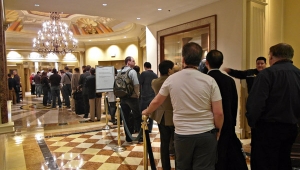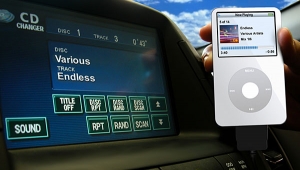| Columns Retired Columns & Blogs |
Lower the price of CDs. If blank CDs can sell for less than $1/ea. (and the companies selling them are making a profit), then we're paying too much. Offset the profit loss by salary cuts and downsizing within the record companies.


























